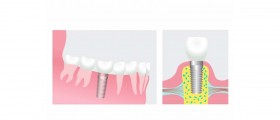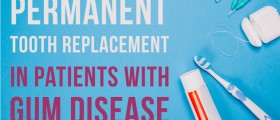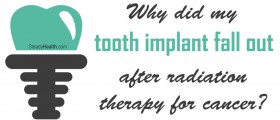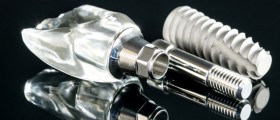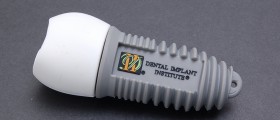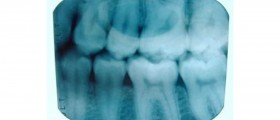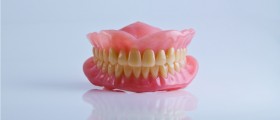Loading...
Hello.
Dental infections and injuries can be quite distressing, especially when combined with complications.
While I can't diagnose or treat medical conditions, I can provide some general suggestions based on your description:
-
Bad Taste: A bad taste in your mouth, especially one that is persistent, can be indicative of an ongoing infection or other oral health issue. This could be due to residual infection from the previously damaged teeth or an issue related to the sinuses, especially considering the proximity of the upper molars to the sinus cavity.
-
Sinus Communication: If there's no bone separating your sinus membrane from your oral cavity (which can sometimes occur naturally or due to dental extractions in the upper jaw), there's a possibility of an oroantral fistula (communication between the mouth and the sinus). This condition can lead to sinus infections and might be responsible for the bad taste you're experiencing.
-
Tooth Replacement Options: There are multiple tooth replacement options, including dental implants, bridges, and dentures. However, if there's insufficient bone, especially near the sinus, dental implants might require additional procedures, like a sinus lift or bone grafting, to ensure there's enough bone to support the implant.
-
Seek Professional Care: It's crucial to see a dentist or oral surgeon as soon as possible to discuss your symptoms and get a proper evaluation. They can provide a definitive diagnosis, treatment options, and recommendations tailored to your situation. They may also recommend imaging (like a panoramic X-ray or a CBCT scan) to evaluate the bone levels and the status of the sinuses.
-
Oral Hygiene: Ensure you maintain good oral hygiene by brushing twice daily, using an antiseptic mouthwash, and flossing. This will help in minimizing any potential bacterial overgrowth which can worsen the bad taste.
-
Sinus Care: If you suspect sinus involvement, consider using a saline nasal rinse (like a neti pot or other saline rinse kits) to help clear out the sinuses. However, always consult with a healthcare professional before starting any new treatments.
Loading...


